SUMMARY
This is AI generated summarization, which may have errors. For context, always refer to the full article.
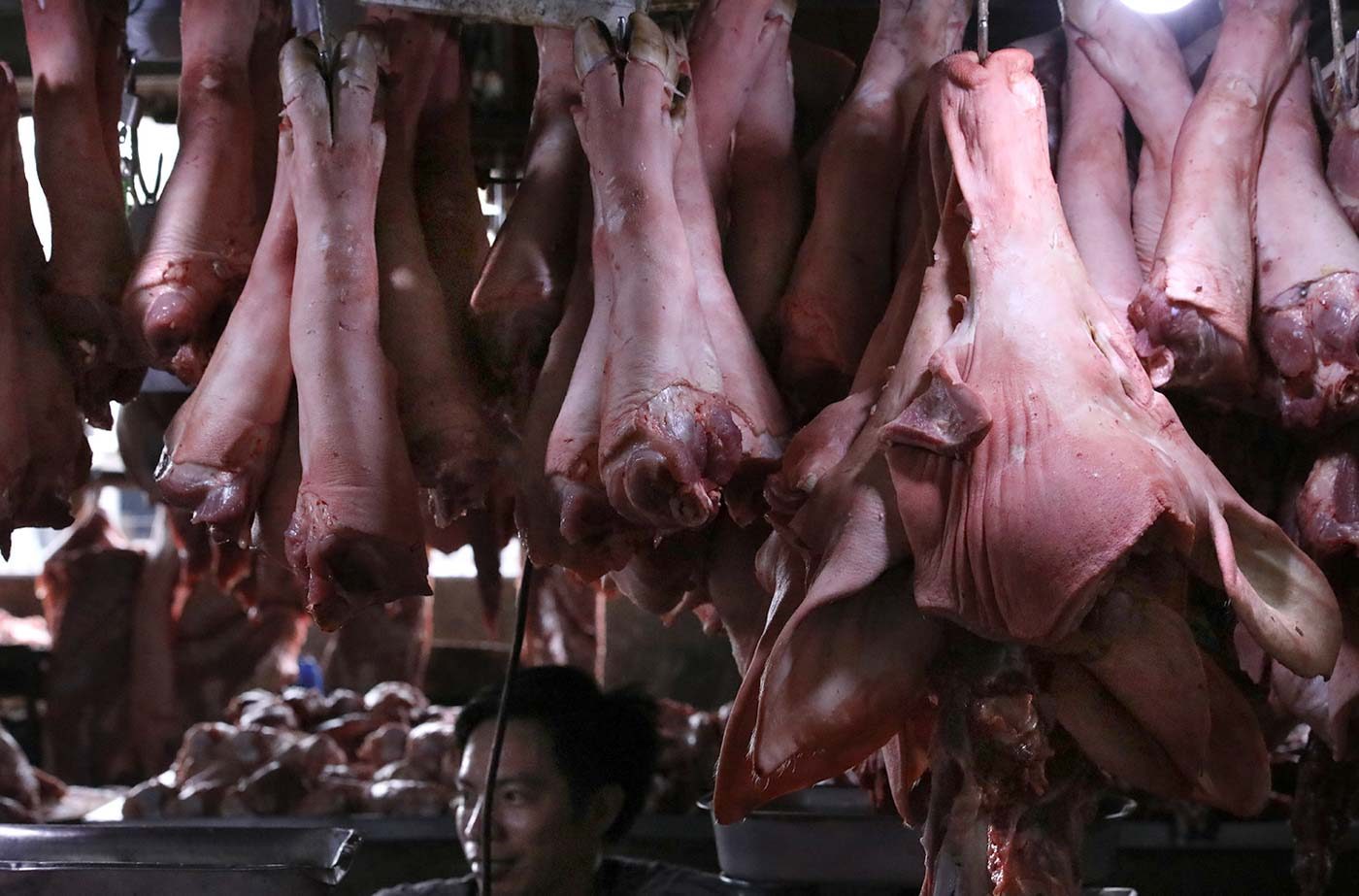

The 60-day price cap on pork and chicken was supposed to be enforced on Monday, February 8, but some vendors opted not to sell altogether, while others defied the “cumbersome” order.
President Rodrigo Duterte’s Executive Order (EO) No. 124 aimed to tame prices of pork (pigue) to P270 per kilo and pork liempo to P300 per kilo, while dressed chicken was capped at P160 per kilo.
Prior to the order, a kilo of pork was selling at over P400, which is already around the same price of beef. (READ: Food even more expensive, pushing inflation to 4.2% in January 2021)
Samahang Industriya ng Agrikultura (SINAG) told Rappler that vendors simply cannot sell within the price ceiling, since the prices are too close to the production cost or farmgate price.
“The acceptable retail price of pork, given the current situation, is from P330 to P380 per kilo, without government support,” SINAG chairperson Rosendo So said.
Based on the price monitoring of the Department of Agriculture (DA), vendors who opted to sell pork on Monday defied the price ceiling.
Commonwealth Market, Quezon City
- Pork kasim – P270 to P300
- Liempo – P300-P320
Las Piñas City Market
- Pork kasim – P290
- Liempo – P330
- Chicken – P190
Pasay City Market
- Pork kasim – P270
- Liempo – P300 to P330
- Chicken – P185 to P190
Since vendors and producers are unable to comply with the price ceiling, a supply shortage looms in Metro Manila.
Action needed
Agriculture Secretary William Dar urged DA regional offices to “allot resources to buy [and] transport hogs and pork” from provinces with sufficient supply to Metro Manila.
The DA also committed to support shipping costs.
But SINAG said there is “no formal mechanism or protocol” on the supposed transport cost support.
“Ngayon lang nag-consultation ang DA after prodding Malacañang to sign the EO. Bukas, they will consult with our members in Cebu,” So said.
(It was just now that the DA consulted producers after prodding Malacañang to sign the EO. Tomorrow, they will consult with our members in Cebu.)
Questionable actions
In 2020, the DA released suggested retail prices (SRPs) of basic goods, but producers and vendors were not able to comply, since the SRPs would force them to sell at a loss.
With the EO, the DA hoped to add teeth to the proposed prices, yet producers are still struggling to follow the order.
Producers have faced various constraints like African swine fever, as well as lockdown restrictions due to the coronavirus pandemic.
To tame prices, the DA also proposed allowing more imports by lowering tariffs on pork, a move that lawmakers strongly opposed.
“Nakakatakot. Imagine, DA, tagapagtanggol dapat ng magsasaka, pangungunahan na naman ang importation. Ano ba naman, baliktad na yata ang mundo,” said Senator Imee Marcos in a recent Senate hearing.
(This is alarming. Imagine, DA, the agency that’s supposed to protect farmers, will lead moves toward importation. It seems that the world has turned upside down.) – Rappler.com
Add a comment
How does this make you feel?
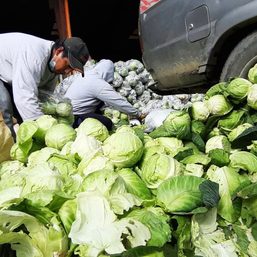
![[ANALYSIS] Investigating government’s engagement with the private sector in infrastructure](https://www.rappler.com/tachyon/2024/04/tl-gov-private-sectors-infra-04112024-1.jpg?resize=257%2C257&crop=435px%2C0px%2C1080px%2C1080px)
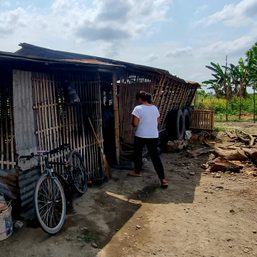
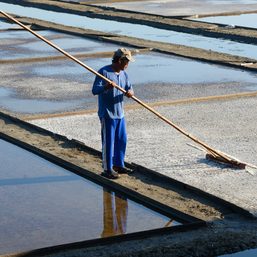
![[Rappler’s Best] The elusive big fish – and big fishers](https://www.rappler.com/tachyon/2024/04/The-elusive-big-fish-%E2%80%93-and-big-fishers.jpg?resize=257%2C257&crop=220px%2C0px%2C720px%2C720px)



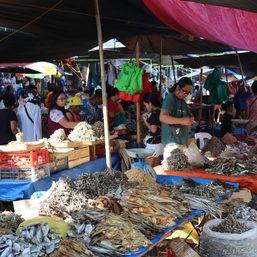
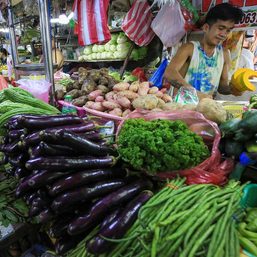
There are no comments yet. Add your comment to start the conversation.